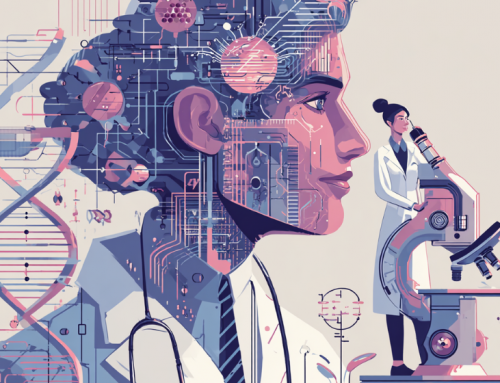
OpenAI’s ’12 Days of Shipmas’ event showcased a series of groundbreaking AI tools and updates, including the o1 reasoning model, Sora video generation, ChatGPT Pro, and previews of o3 models, sparking both excitement and critical engagement within the AI community. (Source: Image by RR)
AI’s Future Unveiled: OpenAI’s “12 Days of Shipmas” Sets a New Standard
OpenAI’s “12 Days of Shipmas” was a highly anticipated event that introduced daily announcements of cutting-edge AI features and tools, signaling the company’s ambitious plans for the future of artificial intelligence. Starting strong, Day 1 unveiled the o1 reasoning model, which promises faster and more accurate AI performance, and ChatGPT Pro, a premium subscription tier priced at $200 per month, offering access to advanced models like o1, o1-mini, GPT-4o, and Advanced Voice Mode. Subsequent days targeted developers and creatives, with Day 2 expanding the “Reinforcement Fine-Tuning Research Program” to simplify the creation of domain-specific expert models using minimal training data, and Day 3 launching Sora, a sophisticated video generation model allowing users to create videos from text or images with a precision-enhancing storyboard feature.
Further enhancing user interaction and collaboration, Day 4 saw the introduction of Canvas, an integrated editing panel within ChatGPT designed for writing and coding tasks, while Day 5 revealed integration with Apple Intelligence, seamlessly incorporating ChatGPT into Siri and other Apple platforms. On Day 6, OpenAI showcased Advanced Voice with Video, a feature combining ChatGPT’s voice capabilities with video generation, and added a festive Santa Mode for holiday-themed interactions. By Day 7, users gained organizational tools through “Projects,” which enable file uploads, structured conversations, and customized settings to optimize workflows. Day 8, as noted in infoq.com, reintroduced ChatGPT Search, an upgraded tool for retrieving web-based answers, focusing on speed and relevance.
As the event progressed, OpenAI turned its attention to developers and real-time applications. Day 9 introduced enhancements to the Real-time API, new fine-tuning methods, and improved tools for creating specialized AI solutions. On Day 10, the company announced an innovative communication feature, allowing users to call ChatGPT for free, up to 15 minutes, via a designated phone number. Day 11 emphasized app integration, enabling ChatGPT to work seamlessly across various applications. The event culminated on Day 12 with a preview of the o3 and o3-mini models, promising advancements in AI reasoning and interaction, scheduled for public release in early 2025.
The AI community responded with a mix of enthusiasm and critique, praising the breadth of product launches while expressing a desire for more significant updates to the models themselves. Notable figures like PhD researcher Pratik Desai described the event as “epic,” predicting a transformative year for AI in 2025, while Lukas Haas observed a contrast between OpenAI’s strong product releases and the model-centric announcements from competitors like Google. Despite the mixed reactions, “Shipmas” underscored OpenAI’s commitment to innovation, practical AI applications, and maintaining its leadership position in the rapidly evolving AI landscape.
read more at infoq.com







Leave A Comment